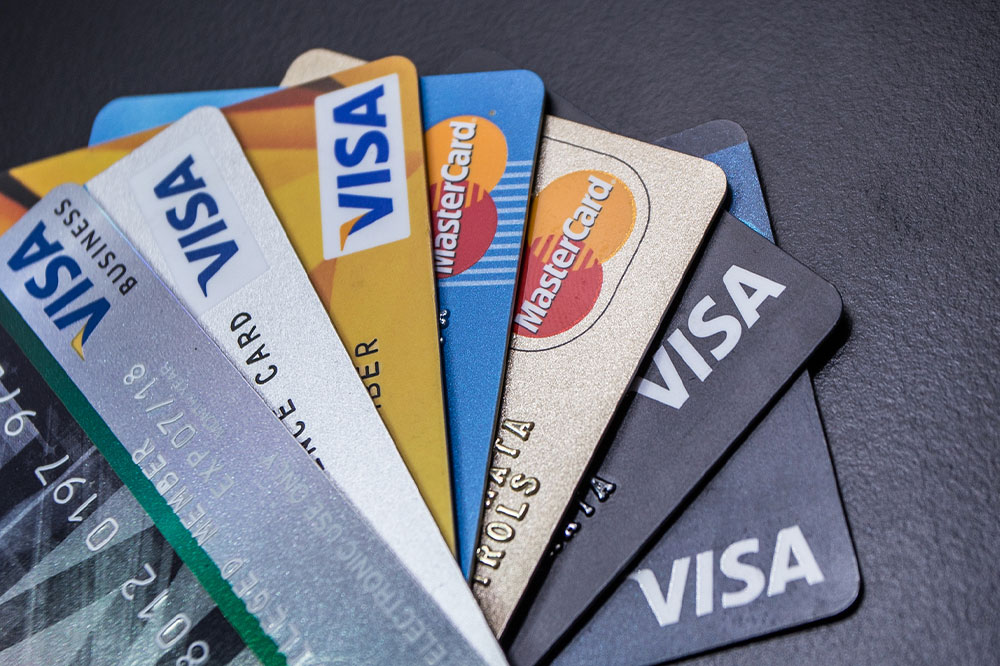
6 mistakes to avoid when using credit cards
Credit cards are a great way to earn rewards, enjoy benefits, and build credit, but they can also be dangerous if misused. Poor usage can damage one’s credit scores and lead to penalties and high-interest rates due to the lack of timely payment. In fact, it is common to forget the pitfalls of credit cards when using them. So here are a few credit card mistakes to note to avoid falling into a debt cycle.
Credit card mistakes to avoid
Paying the minimum amount
Paying only the bare minimum amount due each month will help one avoid late fees and other penalties. However, it causes interest to be added to the balance, making it more difficult to pay off later. It can be difficult and time-consuming to pay off the balance with high-interest rates. Thus, individuals are recommended to create a payment plan to aid in the management of funds and the timely payment of bills.
Overspending
Credit cards are relatively easy to use, which can lead to people easily overspending, especially when purchasing online. It is difficult to understand expenses when purchasing products online. Some good practices to follow include keeping credit card usage under 30% of your budget and only using a credit card for monthly budget expenditures that are easier to pay off before the monthly billing cycle ends.
Missing payments
Late or missed payments of up to 30 days can have a significant negative impact on the credit score. A 30-day late payment, according to FICO, can result in a score drop of 17 to 83 points. If bills are not paid within 30 days, they may be reduced even further. Autopay is an excellent way to ensure timely payments. Set up reminders or alerts two to three days before your due dates to avoid late fees and penalties.
Making cash advance
Making a cash advance is one of the most common mistakes people make when using credit cards. A cash advance occurs when a credit card is used to withdraw cash from an ATM. This may seem convenient in theory, but it is not a wise financial decision. A cash advance is one of the most expensive withdrawals because there is no grace period and interest begins to accrue on the withdrawn funds immediately. In addition to the high-interest rate, there is a fee of about 5% of the advance amount.
Maxing out cards
Using a credit card to its maximum limit can lower the credit score and raise the credit utilization ratio, potentially leading to higher interest rates. Although it can be used for regular purchases, paying off the debt as soon as possible during the same billing period is preferable. It will provide a variety of benefits and perks while not incurring interest on a carrying balance and having no effect on the utilization ratio.
Failing to review billing statements
It’s crucial to double-check the billing cycle transactions to make sure all payments are valid and accurate. By doing this, one will be able to react quickly to fraudulent transactions. It is best to verify the statements once a week to ensure that all transactions are correct.







